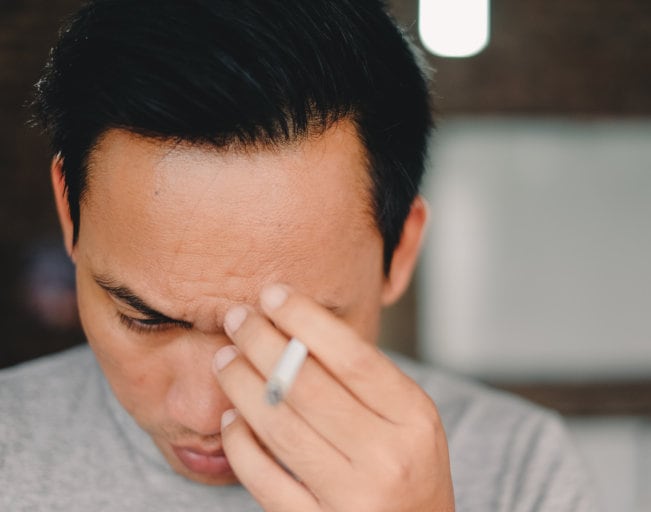Depression and Anxiety
“All the suffering, stress, and addiction comes from not realizing you already are what you are looking for.”
— Jon Kabat-Zinn
Treatment is important
Many people experience depression or anxiousness having to do with something extraordinary that has occurred in their lives while others may experience depression or anxiety as chronic or ongoing but not necessarily related to a particular situation. Both types (episodic or chronic) can impair one’s ability to function at work, school, in one’s personal life (i.e. home care or personal hygiene) or in relationships (i.e. isolating or irritability).
Gaining insight from the past
The starting place to treating anxiety or depression is to gain an understanding about your past experiences and present circumstances. While we won’t dwell in the past, there is important data contained in your narrative of the experiences that have shaped how you see yourself and the world.


Focusing on the present
At the same time that we are exploring what has caused your anxiety and/or depression we will begin to address your present situation using a cognitive behavioral approach. Thinking, acting (and feeling) differently requires learning and practicing new skills. I teach strategies for changing maladaptive thoughts and behaviors that can bring about a shift in overall mood.
Habits often play a role
There are habits related to self-care that may be contributing to low energy, depression, irritability, stress, agitation or anxiety.
- Continuous use of electronic devices and compulsive engagement with social media can leave us feeling disconnected and dissatisfied.
- Excessive consumption of alcohol or weed (THC) can leave us feeling lethargic, guilty, sad or more anxious.
- Poor sleep habits, resulting in sleep deprivation, can also contribute to mood disorders and emotional disregulation.
- Overeating, poor diet and/or lack of exercise can contribute to feelings of fatigue, depression and negative self image.
Strategies directed at improving self-care are often part of a treatment plan.

The role of medication
Depending on the severity of symptoms some people decide to supplement their psychotherapy treatment with medication (prescribed by a psychiatrist, medical doctor, or psychiatric nurse practitioner). Other people are on already medication but find that medication alone is insufficient in providing the relief they desire. With or without medication, I help people feel better faster.
